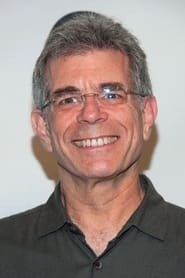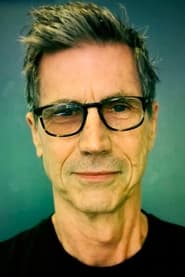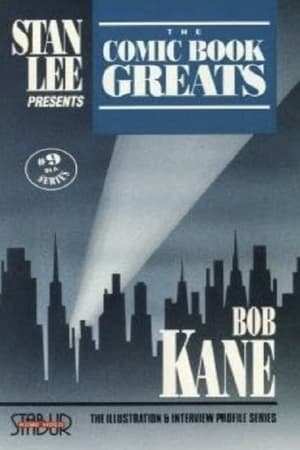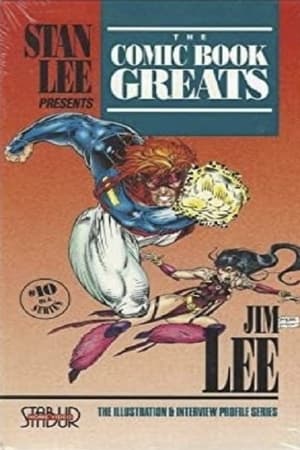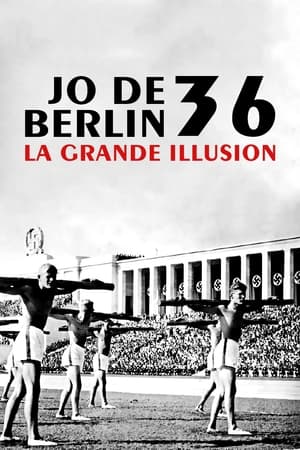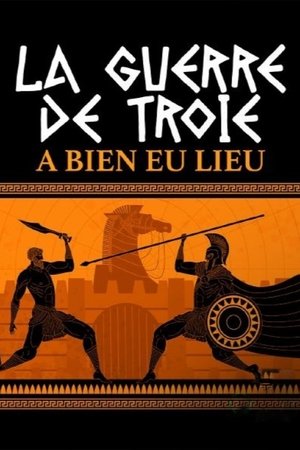

Modern Noir: The Sights & Sounds of 'Bound'(2014)
Retrospective featurette included with the 2014 Blu-ray by Arrow Video.

Movie: Modern Noir: The Sights & Sounds of 'Bound'

Modern Noir: The Sights & Sounds of 'Bound'
HomePage
Overview
Retrospective featurette included with the 2014 Blu-ray by Arrow Video.
Release Date
2014-08-18
Average
0
Rating:
0.0 startsTagline
Genres
Languages:
EnglishKeywords
Similar Movies
 6.7
6.7Workers Leaving the Lumière Factory(fr)
Working men and women leave through the main gate of the Lumière factory in Lyon, France. Filmed on 22 March 1895, it is often referred to as the first real motion picture ever made, although Louis Le Prince's 1888 Roundhay Garden Scene pre-dated it by seven years. Three separate versions of this film exist, which differ from one another in numerous ways. The first version features a carriage drawn by one horse, while in the second version the carriage is drawn by two horses, and there is no carriage at all in the third version. The clothing style is also different between the three versions, demonstrating the different seasons in which each was filmed. This film was made in the 35 mm format with an aspect ratio of 1.33:1, and at a speed of 16 frames per second. At that rate, the 17 meters of film length provided a duration of 46 seconds, holding a total of 800 frames.
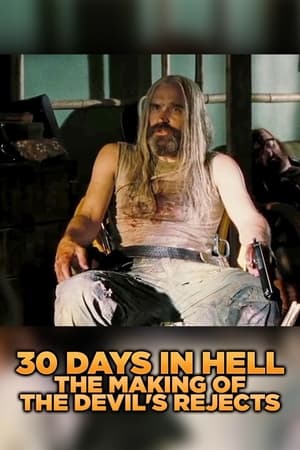 10.0
10.030 Days in Hell: The Making of 'The Devil's Rejects'(en)
An exhaustive, detailed documentary on the 30-day film shoot of "The Devil's Rejects"
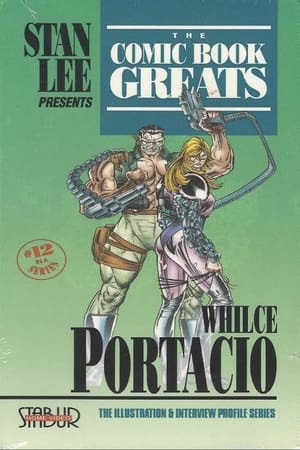 0.0
0.0The Comic Book Greats: Whilce Portacio(en)
Stan Lee interviews Whilce Portacio
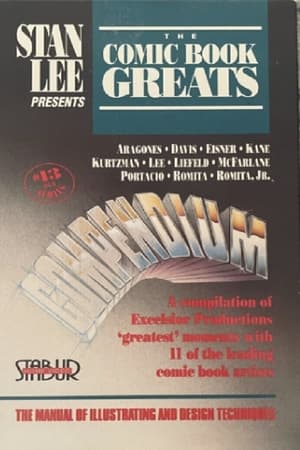 0.0
0.0The Comic Book Greats: Compendium(en)
Compendium of Greatest Moments with artists from Comic Book Greats Series
 8.2
8.2Night and Fog(fr)
Filmmaker Alain Resnais documents the atrocities behind the walls of Hitler's concentration camps.
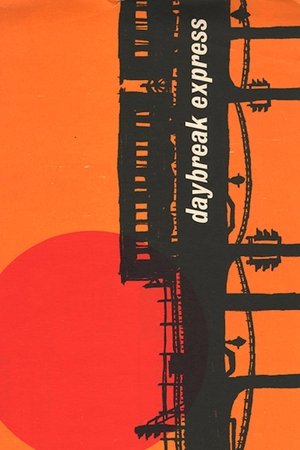 7.3
7.3Daybreak Express(en)
Set to a classic Duke Ellington recording "Daybreak Express", this is a five-minute short of the soon-to-be-demolished Third Avenue elevated subway station in New York City.
Never Before, Never Again: Behind the Scenes of Asssscat(en)
For the first time, audiences get a behind-the-scenes glimpse into NYC's famed improv show by UCB: Asssscat.
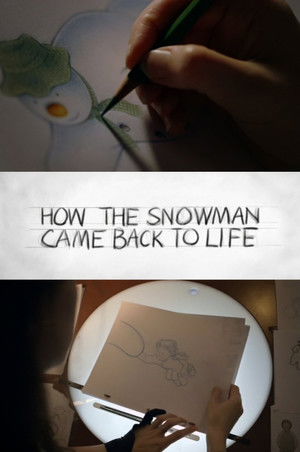 0.0
0.0How the Snowman Came Back to Life(en)
Raymond Briggs gives a rare glimpse into his world as we visit the animation studios where a small army of people are working to produce the new film, The Snowman and The Snowdog.
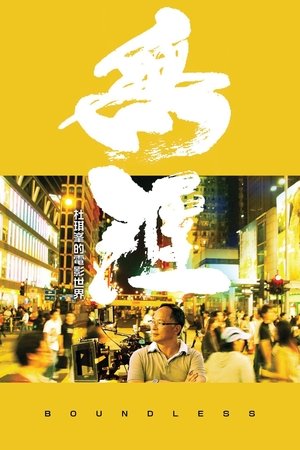 7.5
7.5Boundless(cn)
As Hong Kong's foremost filmmaker, Johnnie To himself becomes the protagonist of this painstaking documentary exploring him and his Boundless world of film. A film student from Beijing and avid Johnnie To fan, Ferris Lin boldly approached To with a proposal to document the master director for his graduation thesis. To agreed immediately and Lin's camera closely followed him for over two years, capturing the man behind the movies and the myths. The result is Boundless, a candid profile of one of Hong Kong's greatest directors and a heartfelt love letter to Hong Kong cinema.
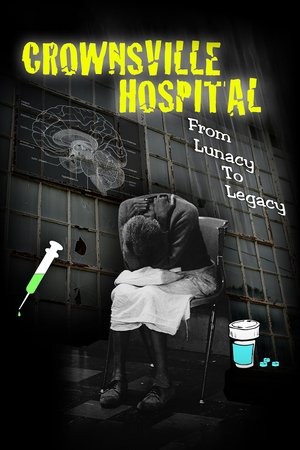 7.8
7.8Crownsville Hospital: From Lunacy to Legacy(en)
Crownsville Hospital: From Lunacy to Legacy is a feature-length documentary film highlighting the history of the Crownsville State Mental Hospital in Crownsville, MD.
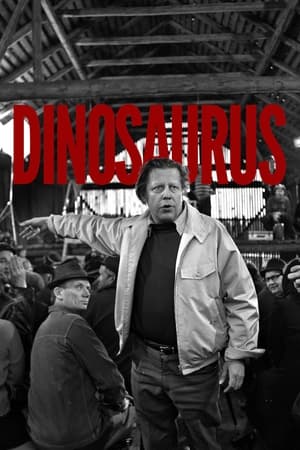 6.6
6.6The Dinosaur(fi)
Acclaimed Finnish director Rauni Mollberg made several scandalous yet widely appreciated films. Former co-worker Veikko Aaltonen’s eye-opening documentary The Dinosaur looks at the relentless, often disturbing directing techniques behind Mollberg’s art and success.
Making of: Das Geheimnis der schwarzen Koffer(de)
Crew and cast members talk about the making of the 1962 film 'Das Geheimnis der schwarzen Koffer'.
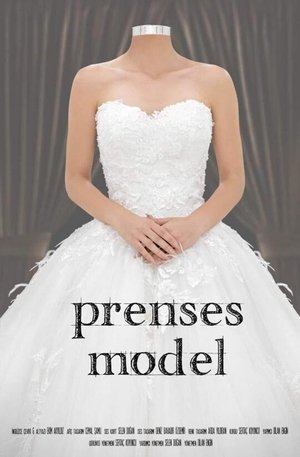 0.0
0.0Princess Ball Gown(tr)
Wedding rituals grounded on non-verbal social agreements represent the perception of society in general. Wedding dress is a symbolic part of these rituals. The process that a wedding dress has went through can be considered as an embodiment of the formation of women identity in society. Like most of the women, wedding dressmakers also dream of being a princess once they wear their wedding dress. On the other hand, dressmakers are certainly aware of the fact that they promote the already existing image of women in society because of their job. While they also recognise the truth is way different.
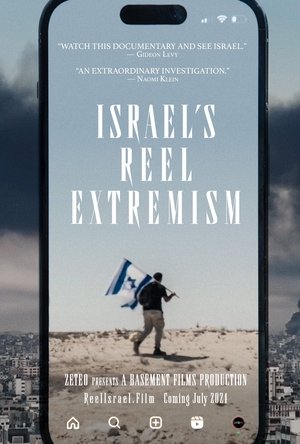 0.0
0.0Israel's Reel Extremism(en)
An examination of Israel and its society after many months of war, seen initially through the prism of viral social media posts - and exclusive interviews with the soldiers behind them. These posts, some shared millions of times, show soldiers humiliating bound Palestinians, ransacking their homes, joking as they detonate schools and whole districts, and laughing as they launch high explosive ordnance into densely-packed areas. The award-winning team behind this Basement Films production traveled to Israel to interview some of these soldiers, who proudly defended themselves and their videos, some expressing callous disregard for Palestinians in Gaza. Through additional interviews with Israeli radical groups, politicians, and media figures, the film reveals Israeli Jewish society in the aftermath of October 7th, gripped by a vengeance and hate that puts into question any possibility for peace.
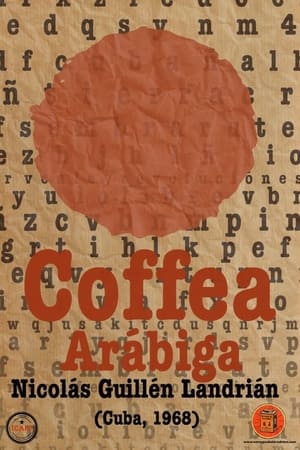 5.2
5.2Arabian Coffee(es)
'Coffea arábiga' was sponsored as a propaganda documentary to show how to sow coffee around Havana. In fact, Guillén Landrián made a film critical of Castro, exhibited but banned as soon as the coffee plan collapsed.
